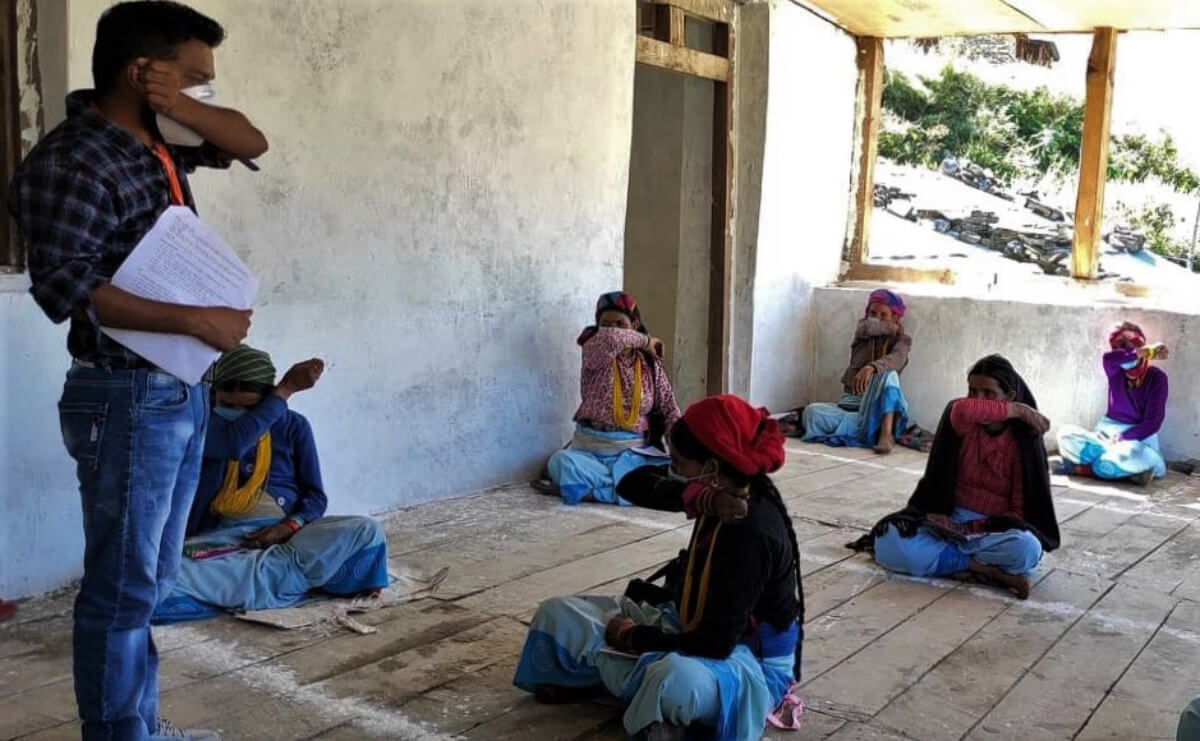by Allegra Mangione, GoPhil Development & Marketing Coordinator
A guiding principle at GoPhil partner PHASE Nepal is to “Leave No One Behind.”
As the COVID-19 pandemic reached the most remote areas of Nepal, it may have been easy to leave these villages’ citizens behind, without healthcare, information about the virus, or sanitary and medical equipment.
With PHASE Nepal’s mission to “improve the lives of rural people by providing immediate support through healthcare and education”, there are few organizations better positioned to address the COVID-19 pandemic in rural Nepal.
We previously shared that the pandemic tragically reached Far West Nepal, a rural area especially vulnerable because it lacks health infrastructure. Following is an update on what has transpired since and how GoPhil partner PHASE Nepal is responding to emerging community needs.
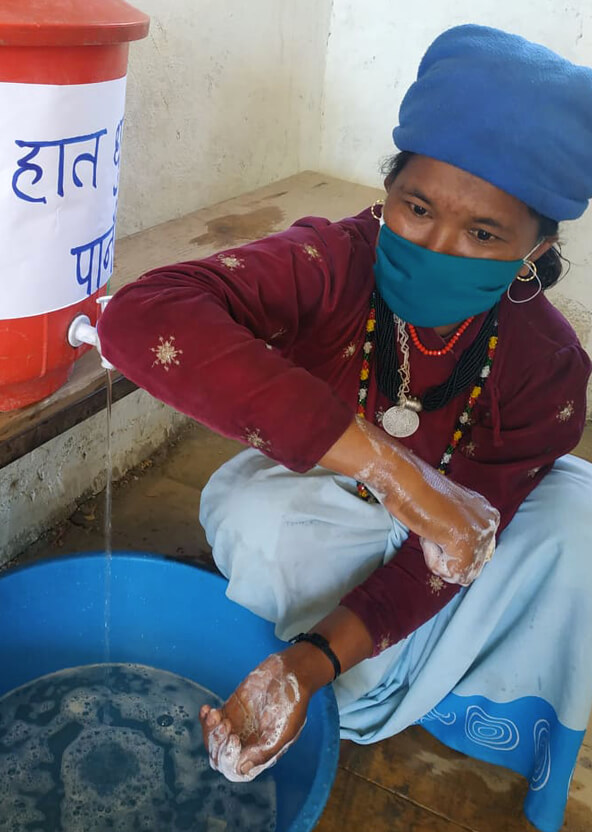
Current Situation in Nepal
The Nepali government recently removed lockdown and prohibitory orders. The number of new COVID-19 cases has steadily increased each day. On October 10th, the nation of 28 million people had a record 5,000 new cases. Since Oct 10th, between 2,000 and 5,000 new cases have been reported daily.
The pandemic’s epicenter, with over 60% of the country’s active cases, is the Kathmandu valley, Nepal’s largest metropolitan area. With cases on the rise, hospitals are struggling to provide essential services. Many health workers test positive each day, leading to a new scarcity of health workers. Many hospitals also lack sufficient PPE for health workers and ventilators for critical conditions.
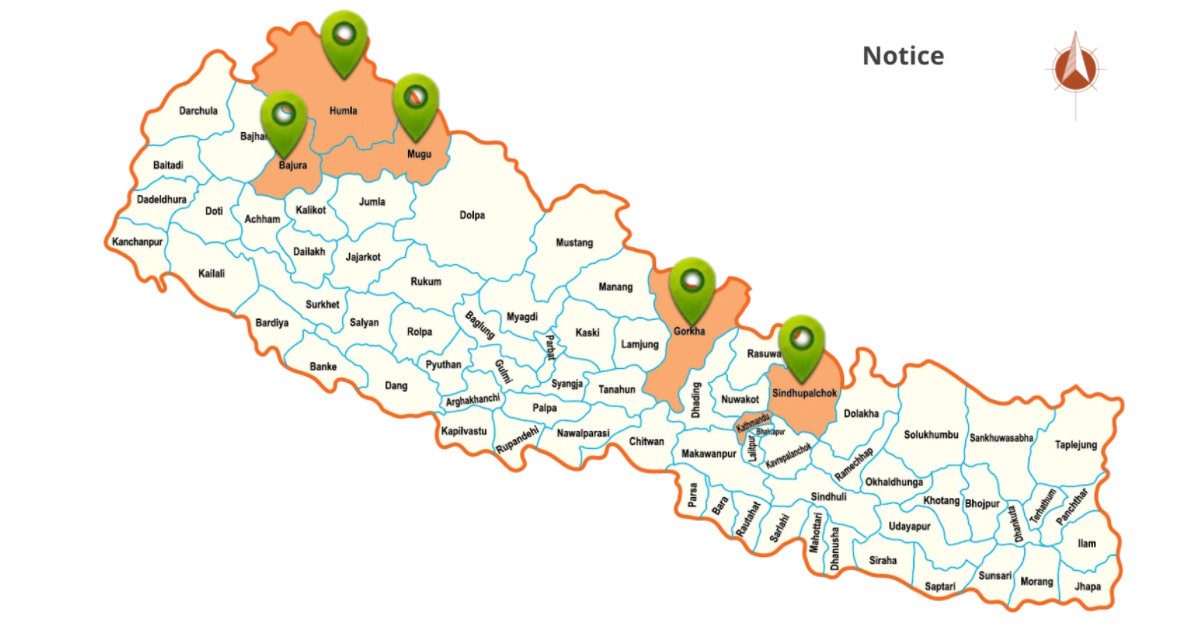
Thankfully, COVID-19 cases have decreased in most of the areas where PHASE works. However, now that transportation services have resumed and festival season is approaching, the chances of virus outbreaks are high. PHASE is addressing this risk and the pandemic’s impacts through integrated services: Healthcare, Education, and Economic Livelihoods.
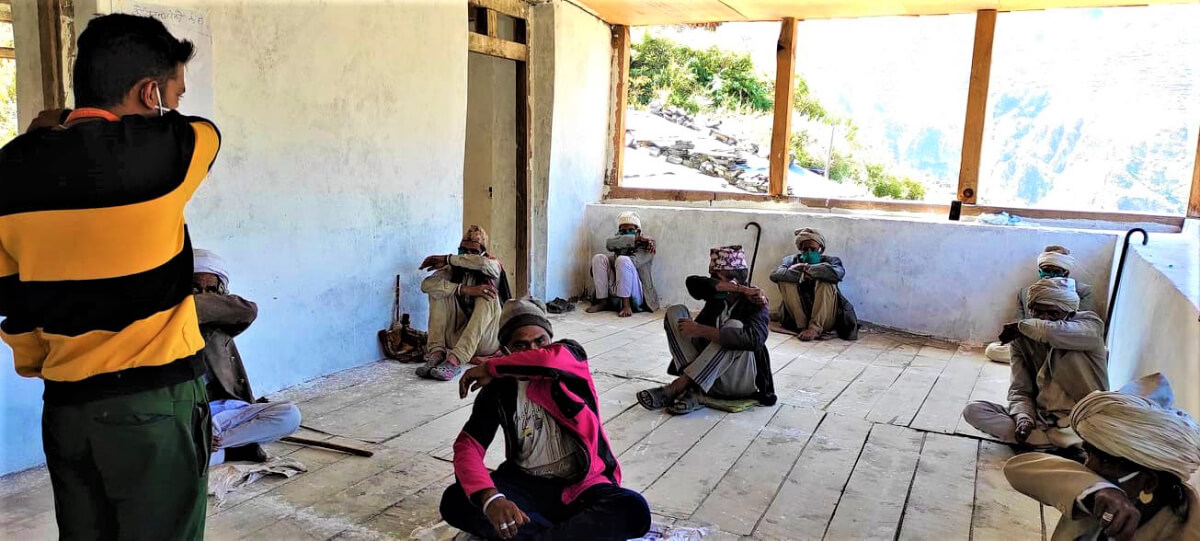
PHASE Nepal staff in a recent training for traditional healers in Mugu and Humla to better understand precaution measures against COVID-19 infections in their communities.
“With the increasing number of infections in Nepal, the stress is also increasing in the remote areas which are already suffering from scarcity of daily needs and have minimal access to basic health and livelihood needs.”
• PHASE Nepal •
Health Care
Currently, PHASE’s health teams partner with local communities to increase awareness of sanitation, hygiene, and how to prevent spread. Their programming is for workers who have an influence on the frontline: Community Health Workers, Mothers Groups, Female Community Health Volunteers, and Traditional Healers. They also provide emergency health services and guidance through PHASE-supported “village health posts” — similar to community-based clinics.
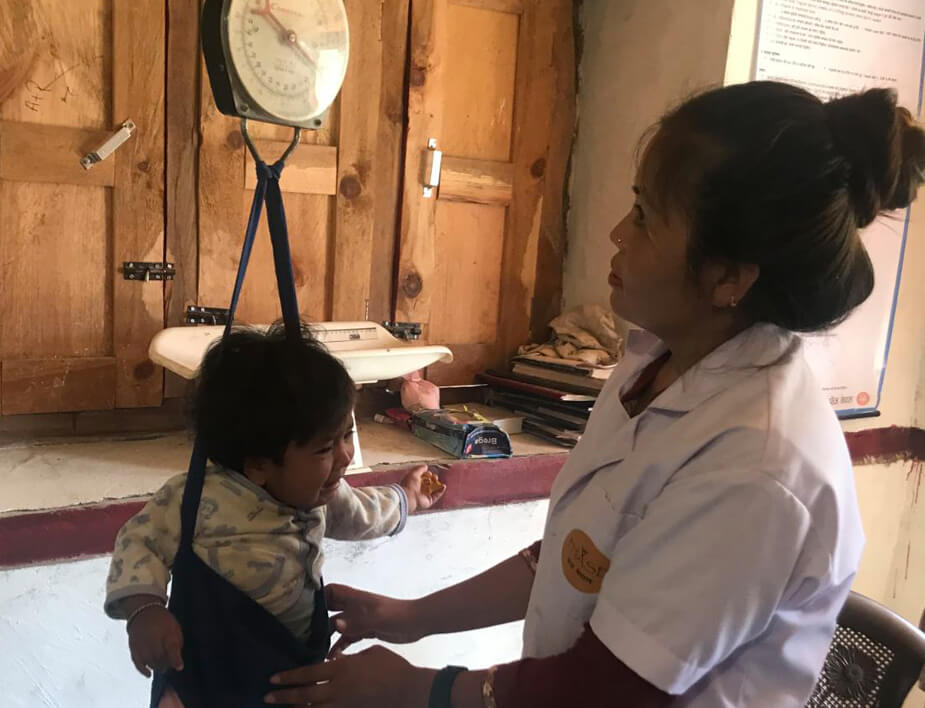
Education
Schools in Nepal have been closed for over half of the academic session. Recently, some local authorities with low COVID-19 rates have planned to reopen schools. PHASE’s education team works closely with Gorkha schools to support alternative learning options and maintain precautionary measures among the students. They have continued coordinating with parents, teachers, and the school management committee to upgrade school infrastructure and encourage children’s at-home learning activities.
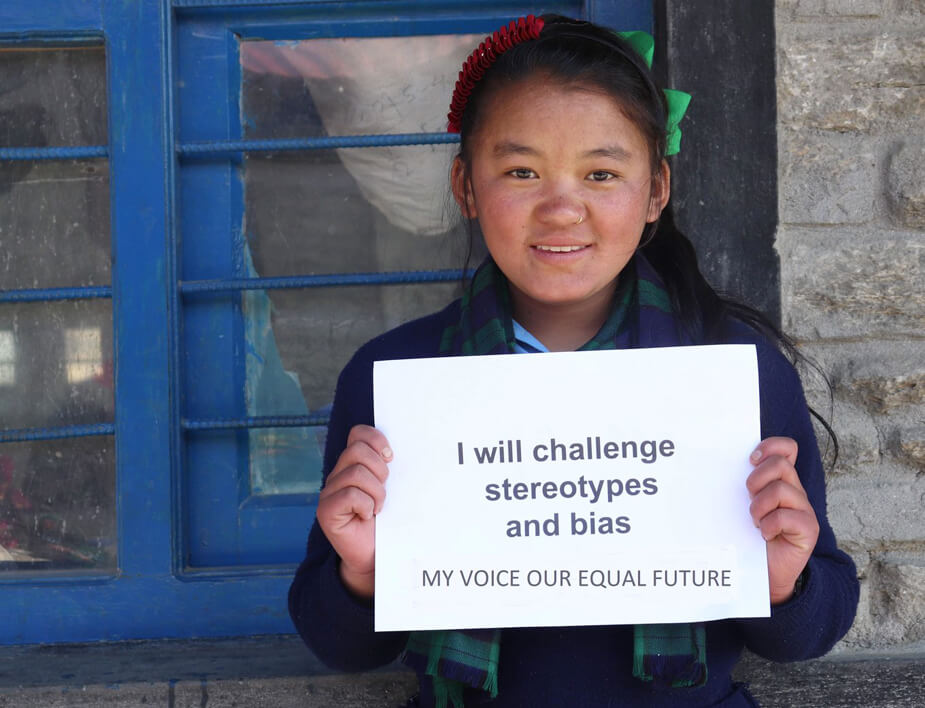
Economic Livelihoods
PHASE continues to help communities become economically self-reliant, building resilience to the economic impacts of the virus. In coordination with local governments, Livelihood Technicians have been partnering with women’s groups and farmer’s groups on various topics:
- Polytunnel management (a greenhouse alternative)
- Nursery management for fruits and vegetables
- Post-harvest and marketing management of cabbage, and
- Transplanting techniques
- Introduction to commercial farming
An incredible feat, the PHASE central team has been coordinating this work remotely for the past six months. In October, the team began a phased reopening of their office, its Human Resources team working closely with health advisors on safety measures. A few PHASE staff members did contract the virus, but it has not spread among the staff. PHASE field teams are strictly adhering to local guidelines to ensure community work is safe for their communities.
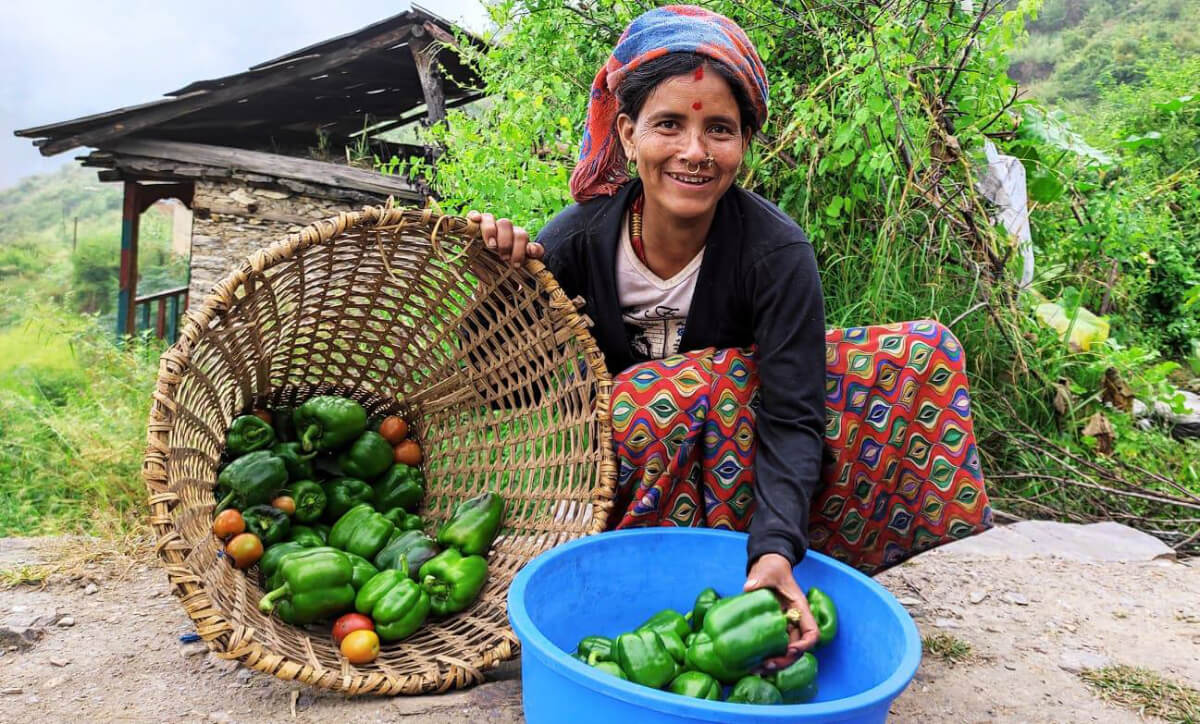
PHASE Still Needs Urgent Support
Now that the lockdown has been lifted, cases in Nepal are on the rise.
Through this crisis, PHASE has experienced a reduction in donations from some key donors. This loss of income has led to a gap in funding for PHASE’s work at community health posts. GoPhil has committed to supporting PHASE with salaries for Health Care Workers in remote villages in Muju, Humla, and Majura. Will you help?
Donate today to support essential health care in rural villages as COVID cases rise in Nepal.
